When it comes to improving the appearance of a patient's smile, there are few treatments quite as effective as veneers. There are various different kinds of veneers available, with an often substantial difference in the price of the treatment. While porcelain veneers tend to be the most expensive option, composite veneers cost much less while achieving largely similar cosmetic results.
What Are Composite Veneers?
Composite veneers help improve the shape, size, and colour of the patient's teeth to help improve their overall appearance. They are used as an effective treatment for various dental ailments such as discolouration and minor chips and cracks in the patient's teeth.
One of the main differences between composite veneers and porcelain is the preparation time, as composites require little to no drilling of the tooth. This means that in most cases the treatment can be completed in a single visit.
While they are often substantially cheaper than porcelain veneers, composite veneers don't tend to last as long and are prone to staining and discolouration over time. This can be remedied through proper dental care and regular polishing, but you won't get quite the same effect as with porcelain veneers.
The treatment itself involves the application of the composite material to the front surface of the teeth, after which the dentist will sculpt the material to the desired shape and finish. This means the result is largely determined by the skill of the dentist, so there are fewer cosmetic dentists that offer composites instead of porcelain veneers.
What Are Composite Veneers Used For?
Composite veneers are used as an affordable alternative to traditional veneers, and can be used to treat a wide range of dental issues, including:
Damaged Teeth – There are a number of common causes of damaged teeth, although the main two are acidic erosion (via fizzy drinks etc) and accidental chips or cracks. Composite veneers are the ideal solution as the treatment is relatively inexpensive and can be done quickly.
Crooked Teeth – Composite veneers can help improve the appearance of crooked teeth; however this will depend on the scale of the work required. A longer-term solution, such as Invisalign or braces, may be required if substantial changes are needed.
Discolouration – If there has been significant staining or other discolouration of the teeth and it cannot be treated using teeth whitening or a dental clean, veneers are the best way of getting your teeth back to their whitest.
Fixing Gaps – Composite veneers are most commonly used to fix small gaps between teeth, primarily the teeth at the front of the mouth. It provides a fast and more affordable alternative to longer-term orthodontic treatments.
Composite Veneers Prices
While the cost will vary depending on the dentist you visit and where you live, the cost of composite veneers will range from £200 to £600 per tooth at most cosmetic dental practices. The cost will vary depending on what teeth need work and how long the treatment will take, so your dentist will advise on the expected treatment time and cost.
When you consider that a single porcelain veneer can be as much as £1000 per tooth, composite veneers are a far more affordable alternative for most patients. While they aren't quite as long-lasting as porcelain, the cosmetic effects are largely similar and can make a huge difference to the appearance of your smile.
| Type | Approximate price (per tooth) |
|---|---|
| Composite | £200 - £600 |
| Porcelain | £500 - £1000 |
Sources and References
-
[1]
Survival and Complication Rates of Resin Composite Laminate Veneers: A Systematic Review and Meta-AnalysisJournal of Evidence-Based Dental Practicehttps://pubmed.ncbi.nlm.nih.gov/38035903/
-
[2]
10-year practice-based evaluation of ceramic and direct composite veneersDental Materialshttps://pubmed.ncbi.nlm.nih.gov/35379471/
-
[3]
Composite laminate veneers: a clinical studyJournal of Oral Rehabilitationhttps://pubmed.ncbi.nlm.nih.gov/3244054/
-
[4]
Smile makeover with direct composite veneers: A two-year follow-up reportJournal of Dental Research, Dental Clinics, Dental Prospectshttps://pmc.ncbi.nlm.nih.gov/articles/PMC6076883/
All sources accessed and verified on . Medical information reviewed for accuracy and compliance with current guidelines.
Related Articles

Alternatives to Veneers
Comprehensive guide to cosmetic dentistry alternatives to veneers, including teeth whitening, microabrasion, orthodontics, tooth recontouring, and dental bonding
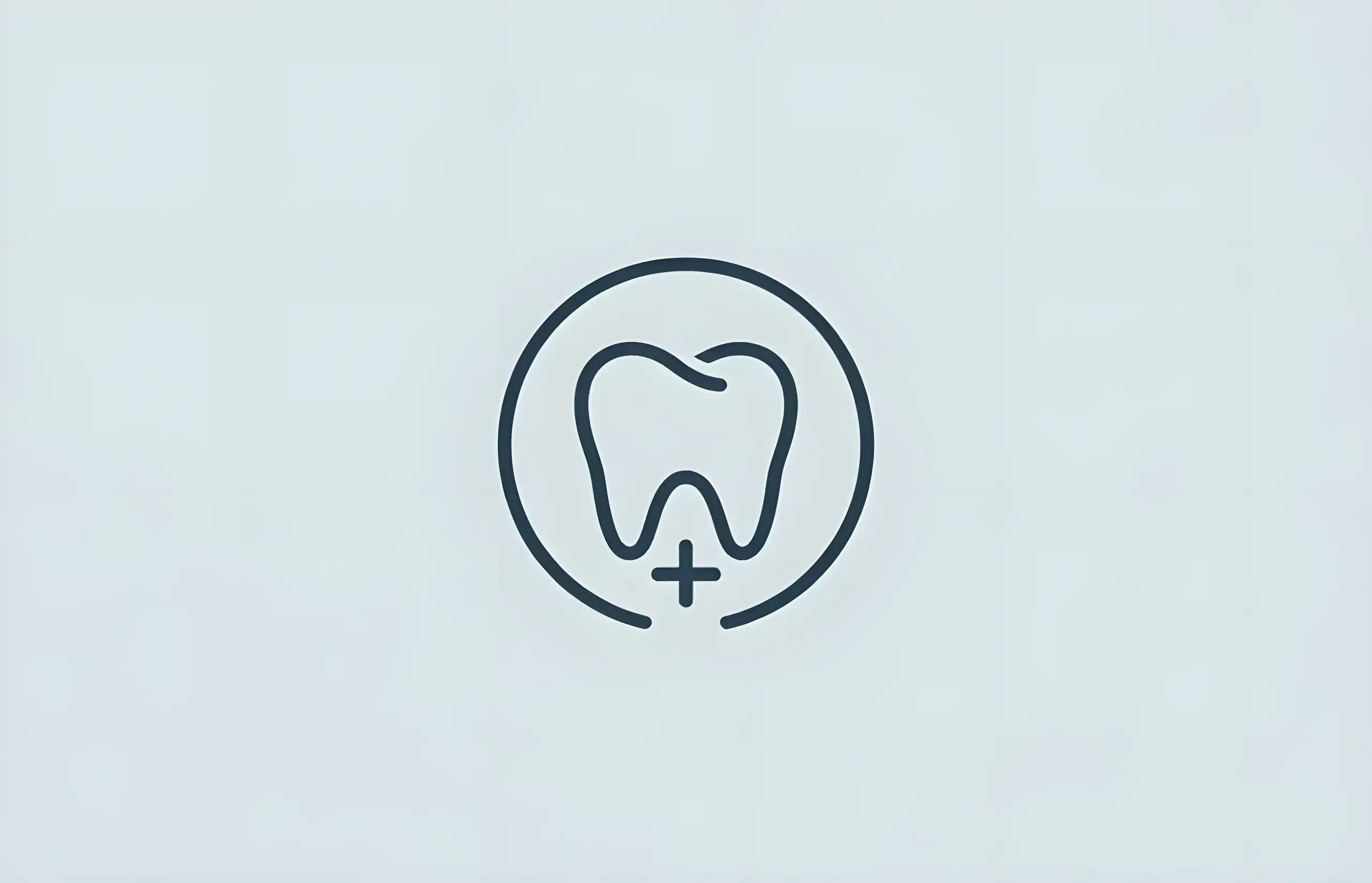
Are Dental Veneers Safe?
Comprehensive guide to dental veneer safety, including risks, complications, success rates, and important considerations for this popular cosmetic procedure

Are Veneers Bad for Your Teeth?
Comprehensive guide to how veneers affect your teeth, including enamel removal, long-term effects, proper placement, and important considerations

Are Veneers Covered By Dental Insurance?
Complete guide to dental veneer insurance coverage, when veneers may be covered, costs without insurance, and other dental procedures typically covered by insurance

Composite Veneers vs Porcelain Veneers
Comprehensive comparison of composite and porcelain veneers including costs, longevity, aesthetic results, treatment procedures, and which option is best for your smile transformation

How Much Do Dental Veneers Cost in the UK?
Comprehensive guide to dental veneers including history, materials (composite, porcelain, lithium disilicate), treatment process, costs (£200-£1000 per tooth), longevity, care instructions, and cost factors

Do Veneers Fall Off?
Comprehensive guide to veneer longevity including survival rates, causes of debonding and failure, composite vs porcelain durability, prevention strategies, and how to protect your veneers
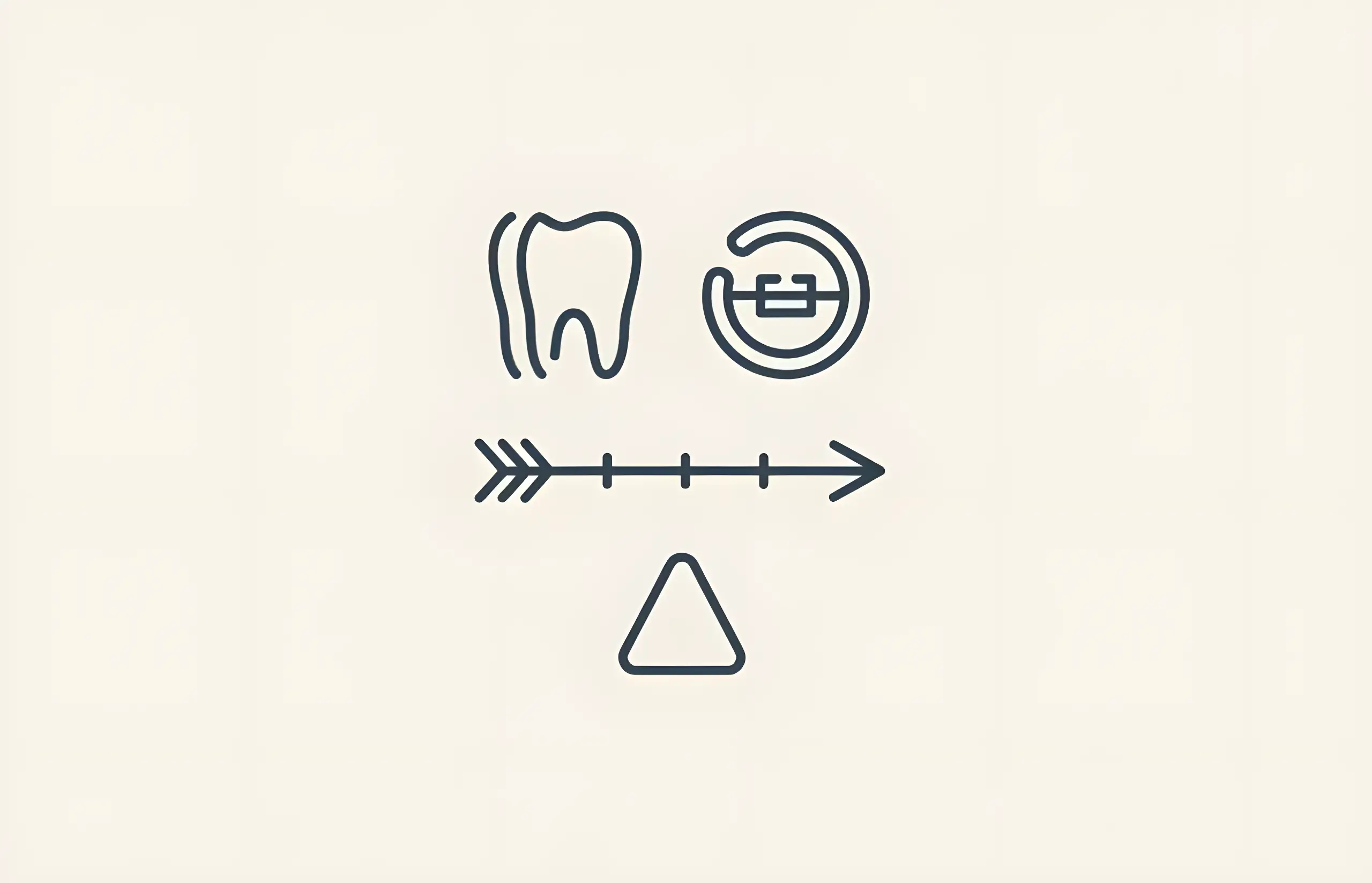
How Long Do Veneers Last?
Comprehensive guide to veneer longevity including survival rates, replacement considerations, irreversible enamel removal, color stability issues, and alternative restoration options
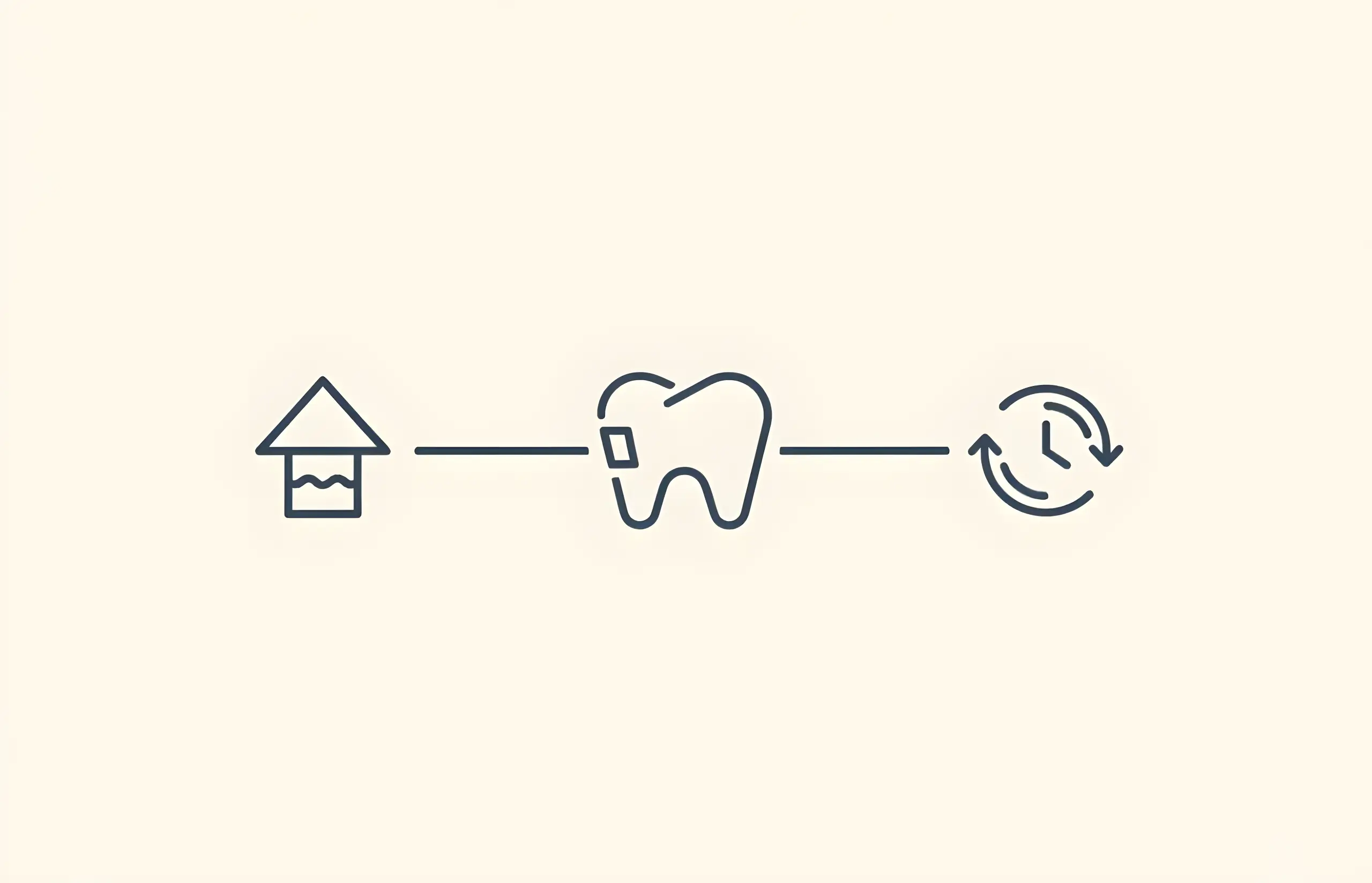
How Long Does It Take To Get Dental Veneers Fitted?
Complete Timeline Guide (3-4 Weeks Total, 94.4% Survival at 5 Years, 93.5% at 10 Years)
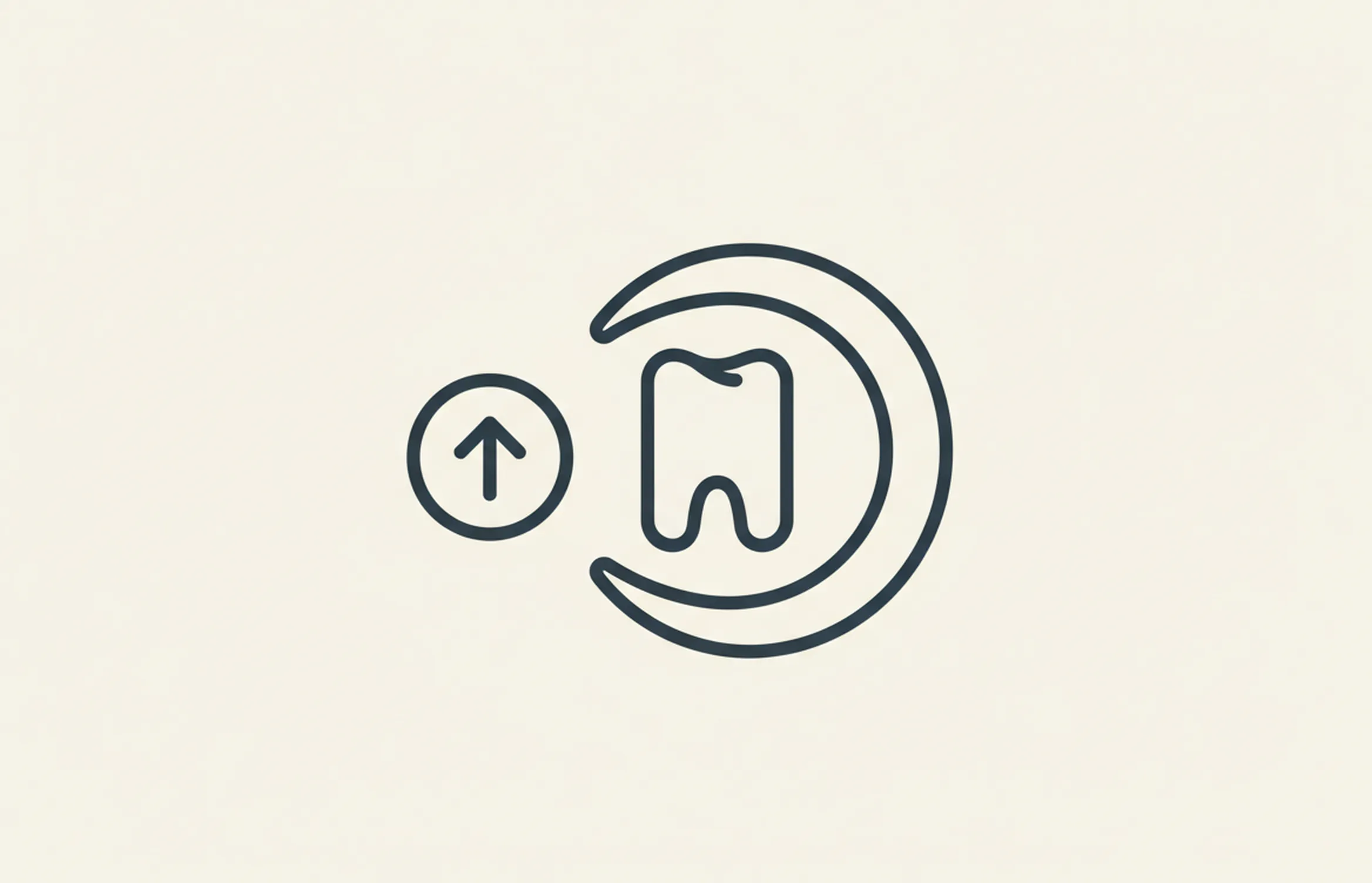
How Old Do You Have To Be To Get Veneers?
Comprehensive guide to age requirements for dental veneers, tooth development considerations, adolescent veneers, enamel bonding requirements, and factors affecting veneer candidacy

Do Porcelain Veneers Stain?
Comprehensive guide to porcelain veneers staining resistance, marginal discoloration (most common complication), color stability compared to composite, beverage effects (Coca-Cola worst, coffee second), surface roughness impact, and prevention strategies

The Pros and Cons of Veneers
Learn about the advantages and disadvantages of porcelain veneers including improved appearance, durability, stain resistance, cost, maintenance, and who is a suitable candidate
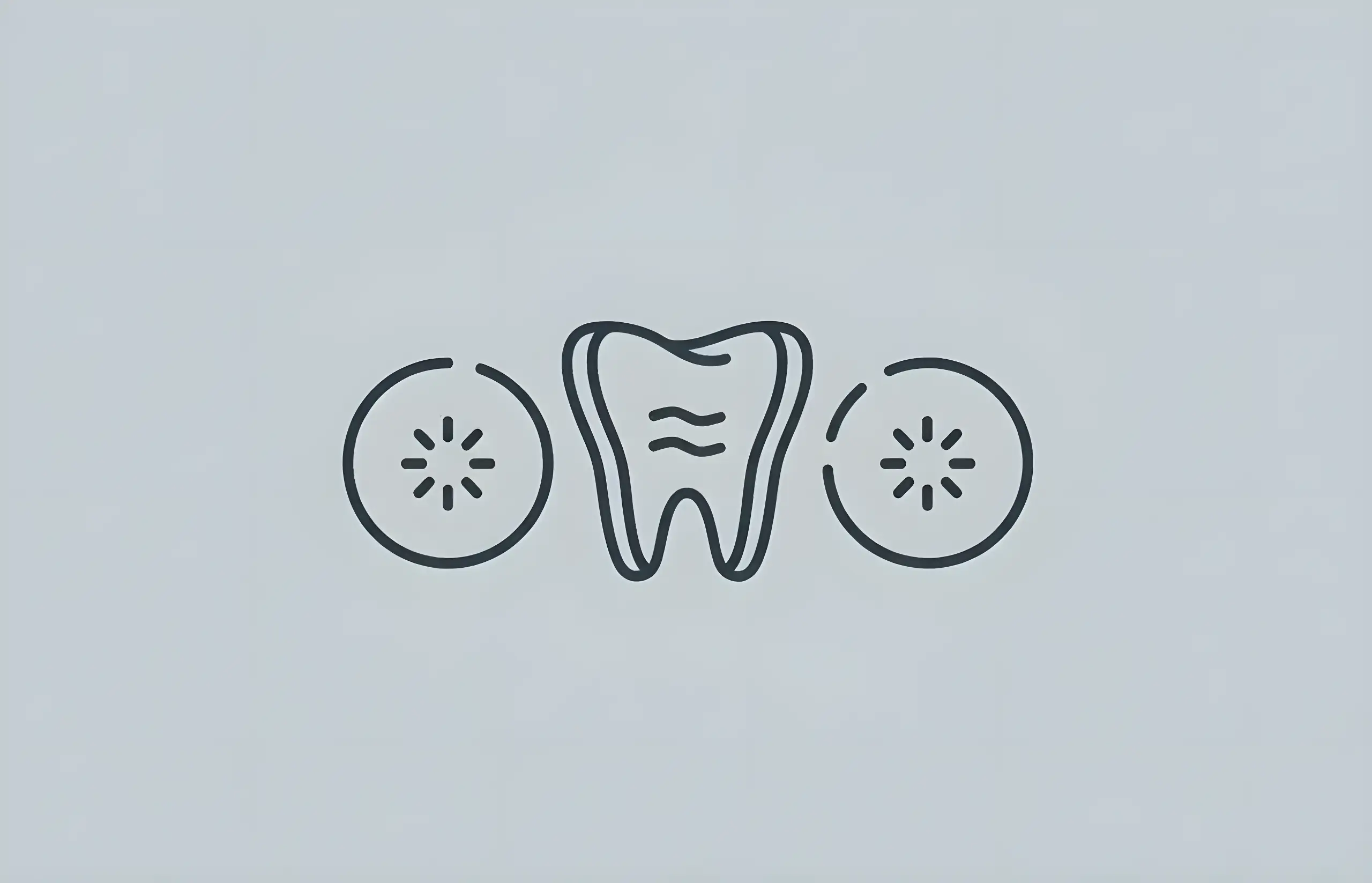
Sensitive Teeth After Veneers
Understanding causes, treatment options, and what to expect when experiencing tooth sensitivity after veneer placement

Different Types of Veneers
Comprehensive guide to veneer types including porcelain, composite, instant, and removable veneers with survival rates, costs, pros and cons, and how to choose the right option

Veneers For Front Teeth Gap
How porcelain veneers can effectively close diastema and improve your smile with a permanent, natural-looking solution

Veneers For Underbite Correction
Learn about using veneers for underbite correction including what underbites are, how veneers can help in mild cases, possible problems, and alternative treatment options

Can You Get Veneers With Crooked Teeth?
Comprehensive guide to using veneers for crooked teeth, including when they work, limitations, material options, and alternative orthodontic treatments

Can You Get Veneers With Missing Teeth?
Complete guide to veneers and missing teeth including why veneers cannot replace missing teeth, treatment limitations, and effective tooth replacement options
About The Dental Guide
The Dental Guide is a trusted online resource providing evidence-based information about dental health, treatments, and procedures. Our content is created and reviewed by qualified dental professionals to help you make informed decisions about your oral health.
Our Mission
- Evidence-based dental information
- Expert-reviewed content
- Clear, accessible explanations
- Latest treatment options
- Patient-focused guidance
Editorial Standards
- GDC-registered dental professionals
- Peer-reviewed sources
- Regular content updates
- Medical accuracy verification
- Transparent authorship
Important Notice
The information on The Dental Guide is for educational purposes only and should not replace professional dental advice. Always consult with a qualified dentist for diagnosis and treatment recommendations tailored to your individual needs and circumstances.
Medically Reviewed
Reviewed by Dr. Nasim Mechoui , BDS (Bristol)
Share this article
Comments & Discussion
Have questions about dental implants? Share your thoughts or experiences.
